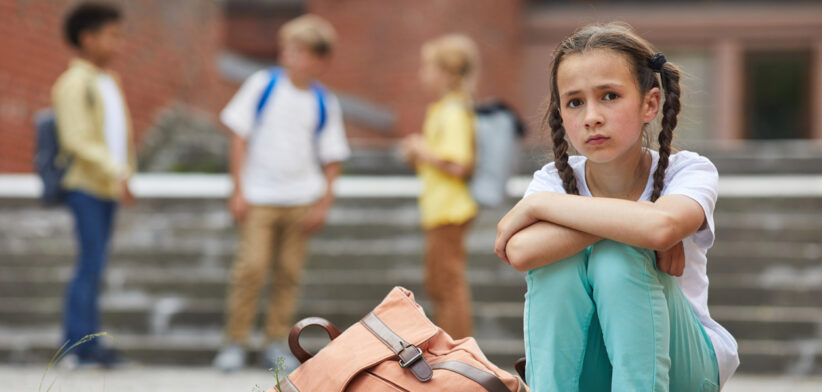Children who expect rejection tend to resist conforming to popular trends or studying hard at school.
In contrast, kids who fear being rejected work harder in school and are more likely to follow the rules.
University of Georgia researcher Michele Lease said “rejection sensitivity” was a major issue for children.
“When children are rejection sensitive, they might worry and become withdrawn or feel angry and become hostile,” she said.
“If they’re trying to fit in and not get rejected, they might learn to conform, ingratiate themselves or be less assertive. Rejection sensitivity is also a good predictor of depression, even before the onset of symptoms.”
New research conducted by the university involved around 350 year five students.
Professor Lease said this was an important age for children who were trying to learn how to navigate their peer groups and establish their status.
“That’s a very unique time for trying to understand how kids feel about their place in the group,” she said. “It’s not that they don’t have good friendships, they do — they play, they do other things, but at this age one of their primary tasks is learning how to fit in.”
The study found that witnessing gossiping or bullying did not consistently influence children’s conformity across behaviors.
“Instead, children’s emotional and cognitive reactions to potential rejection were the strongest predictors of whether they would follow group norms,” the study report said.
“Specifically, anxious children were more inclined to avoid disruptive actions and match their peers’ positive academic behaviors such as studying more or participating in class.
“Conversely, those who expected rejection were less likely to conform academically or socially.”
The full report is on the University of Georgia website.








